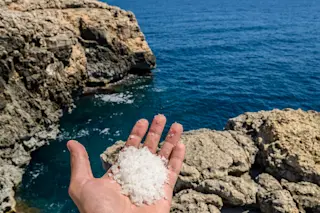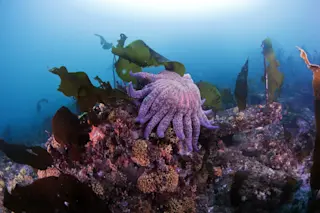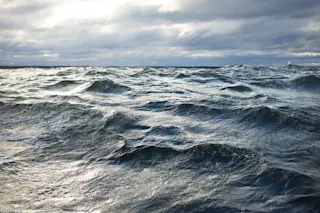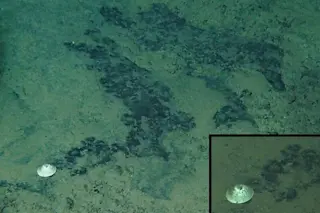If you’ve ever had the misfortune to swallow a mouthful of seawater, you have some idea of its intense salinity. One small gulp is bad enough, but the total salt content of Earth’s oceans is truly staggering: Based on an average of 7 tablespoons per liter, scientists have calculated that they hold about 50 quadrillion tons (that’s 15 zeros) of dissolved salt.
More incredible still, it wasn’t always there. It trickled slowly into the ocean — grain by grain, year by year — from the mountains, hills and plains of the terrestrial landscape. To see why, we first need to understand a few things about salt.
Salt is much more than a dinner-table seasoning. In chemistry, the term refers to any compound with positively and negatively charged ions — not just the sodium chloride we use to enhance our cooking, but also magnesium, sulfate, potassium and many others.
These diverse ...















